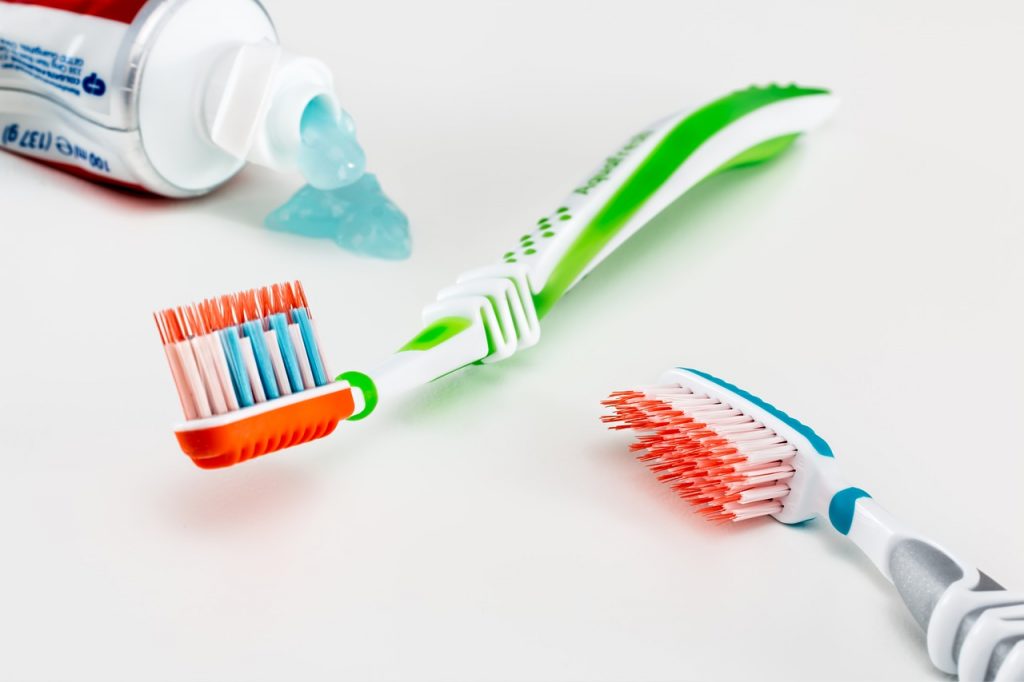
Poor oral hygiene can lead to bad breath and more serious oral and dental issues if it’s not addressed. Some people don’t take oral care seriously and often neglect it. This can be mostly due to a change in daily routine and bedtime habits. This can easily increase possibilities of plaque build-up and other dental concerns.
Dr. Nasser Fouda, Periodontist at Snö Dental Clinic, agrees that poor oral hygiene can lead to more serious issues if not managed correctly. According to him, these issues can include bad breath, gum diseases, cavities and other challenges. But by following a few simple steps, you can combat these issues.

“Brushing and flossing your teeth after meals is the first step and I recommend people to drink plenty of water during meals as dehydration can cause bad breath. They should also eat fruits and vegetables and avoid spicy and salty foods as these can also cause dehydration,” says Dr. Nasser, adding that people who tend to eat a lot of sweets should cut down as they can worsen existing dental problems. “Patients also tend to put off dental treatment, which can make existing tooth cavities bigger.”
RELATED CONTENT: Top Tips on Preventing a Root Canal Infection
Top tips for maintaining optimum oral hygiene
- Practice brushing and flossing your teeth after your meals.
- Use a tongue scraper or a cleaner to get rid of the white residue that coats the tongue.
- People who use dentures should clean them with denture cleaning tablets dissolved in water.
- Try to avoid sticky foods, such as chocolate, some types of cereals and cheese.
- Drink a lot of water. Other hydrating fluids can also help.
- Recommend rinsing of mouth with water or mouthwash. If not comfortable with this practice, try using miswak sticks – the soft bristles on either end of the twig can be used to clean the teeth.
- Avoid dehydrating things such as caffeine and excess salt and reduce intake of sugar.
- Have fruits and boiled veggies. They have high fiber content which will help in re-mineralize your teeth naturally.
- Incorporate usage of fluoridated toothpaste (1350ppm) twice daily because fluoride gives strength to teeth and prevents demineralization or cavity formation.
- Remember to see your dentist and hygienist regularly and keep up the various practices they have advised you to follow.

